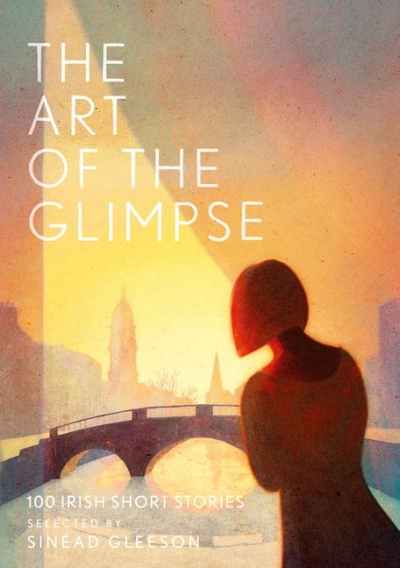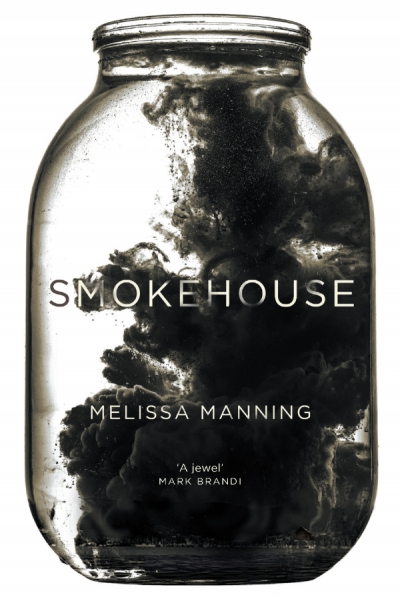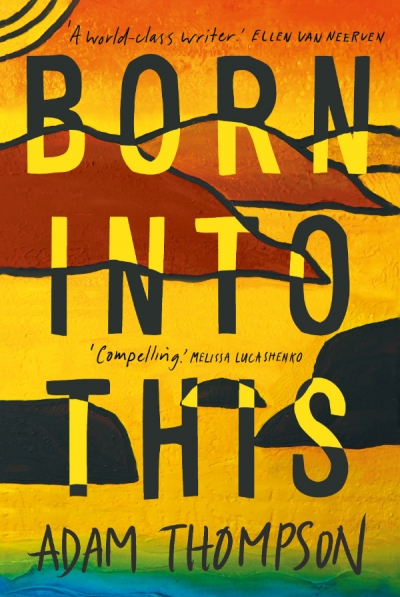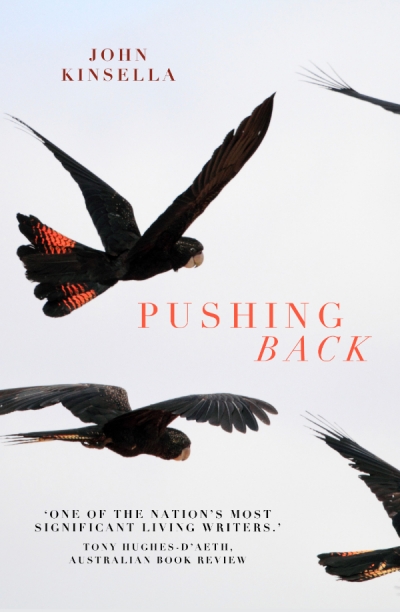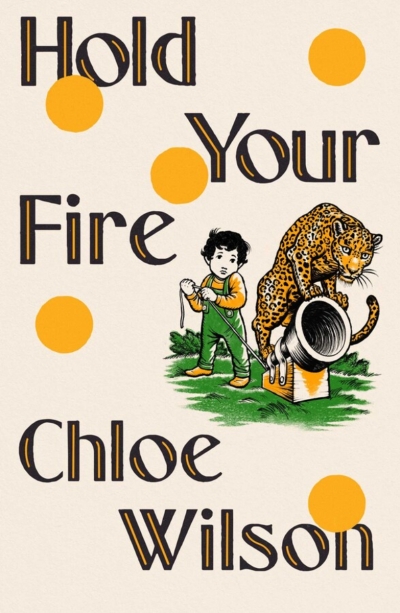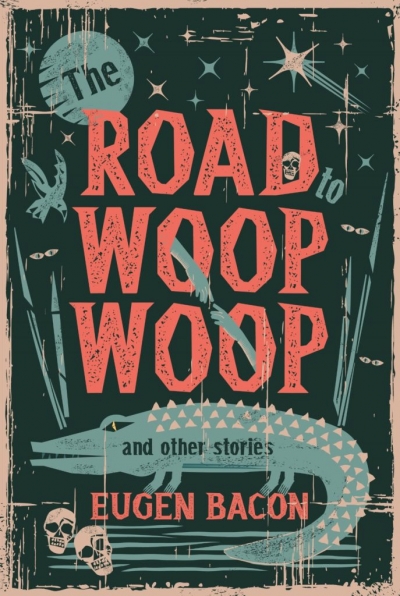Short Stories
The Penguin Book of Spanish Short Stories edited by Margaret Jull Costa
by Alice Whitmore •
The Art of the Glimpse: 100 Irish short stories edited by Sinéad Gleeson
by Geordie Williamson •
'China Men' by Maxine Hong Kingston, 'Mutuwhenua: The moon sleeps' by Patricia Grace, 'Fortress' by Gabrielle Lord, and 'Female Friends' by Fay Weldon
by Mary Lord •
I’m well overdue with this article, and I suspect John McLaren is never going to speak to me again. Trouble is, I’m on a frenetic reading jag and its mainly McLaren’s fault.
... (read more)The Road to Woop Woop and other stories by Eugen Bacon
by Susan Midalia •


